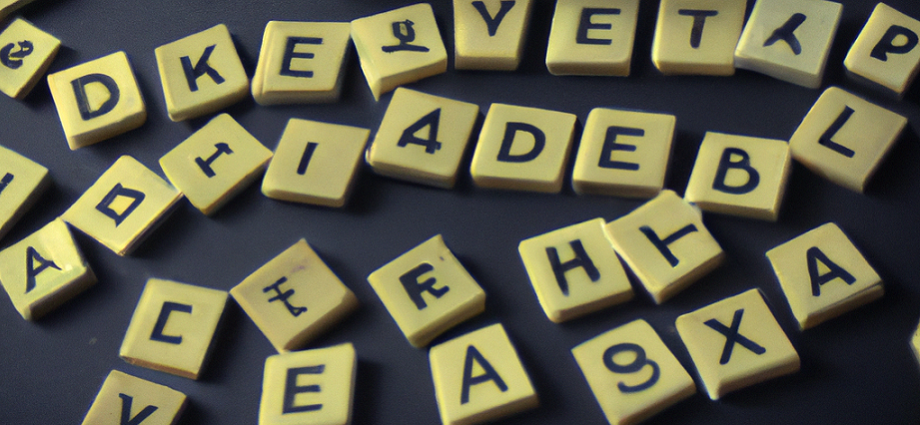Does either yourself or an acquaintance encounter difficulties with reading or writing? Do words seem jumbled or difficult to understand? If so, it could be a sign of dyslexia. Dyslexia is a common learning disability that affects up to 20% of the population. In this article, we’ll explore what dyslexia is, its symptoms, and the different types of dyslexia.
What is Dyslexia?
Dyslexia is a condition that impacts an individual’s capacity to comprehend written language, express themselves in writing, and accurately spell words, and is caused by neurological factors. It’s not a vision problem or a lack of intelligence. Dyslexia can range from mild to severe and can affect people of all ages. While the exact cause of dyslexia is unknown, it’s believed to be related to differences in brain structure and function.
Symptoms of Dyslexia
The symptoms can vary from person to person. Here are some common signs that someone may have dyslexia:
Difficulty Reading and Writing: People with dyslexia may have difficulty decoding words, recognizing sight words, or spelling words correctly.
Slow Reading: Dyslexia can cause slow reading speed and difficulty with fluency.
Trouble with Phonological Processing: Phonological processing is the ability to break down and manipulate sounds in words. Dyslexia can make this task difficult, leading to problems with reading and spelling.
Trouble with Language: Dyslexia can affect a person’s ability to understand and use language.
Difficulty with Memory: Dyslexia can make it hard to remember information, such as phone numbers, dates, or spelling rules.
Poor Handwriting: Dyslexia can make it difficult to form letters and write neatly.
Different Types of Dyslexia
There are several different types of dyslexia. Understanding the different types can help with diagnosis and treatment.
Phonological Dyslexia: This is the most prevalent form of dyslexia.. People with this type have difficulty with phonological processing, making it hard to sound out words and connect sounds to letters.
Surface Dyslexia: Surface dyslexia is characterized by difficulty with sight word recognition. People with this type of dyslexia may struggle with irregularly spelled words.
Rapid Naming Deficit: Rapid naming deficit dyslexia is characterized by slow naming speed for letters, numbers, and colors. This type of dyslexia can make it hard to keep up with the pace of reading.
Double Deficit Dyslexia: Double deficit dyslexia is characterized by difficulty with both phonological processing and rapid naming.
Attentional Dyslexia: Attentional dyslexia is a type of dyslexia that occurs in people with attention deficit hyperactivity disorder (ADHD). People with this type of dyslexia may struggle with attention and focus while reading.
Treatment for Dyslexia
While there is no cure for dyslexia, there are several strategies that can help people with dyslexia learn to read and write. Here are a few examples:
Phonics: Phonics instruction can help people with dyslexia learn to connect sounds to letters and decode words.
Multisensory Instruction: Multisensory instruction uses multiple senses, such as sight, sound, and touch, to help reinforce learning.
Assistive Technology: Assistive technology, such as text-to-speech software, can help people with dyslexia access written material.
Accommodations: Accommodations, such as extended time on tests, can help level the playing field for people with dyslexia.
Conclusion
Dyslexia is a common learning disability that affects millions of people worldwide. It’s important to recognize the symptoms and seek help if you or someone you know may have dyslexia. With the right support and accommodations, people with dyslexia can succeed in school and beyond. If you suspect that you or someone you know may have dyslexia, talk to a healthcare professional or a learning specialist for a proper diagnosis and to develop a plan of action. Remember, dyslexia is not a reflection of intelligence, and with the right help, anyone can overcome the challenges it presents.

